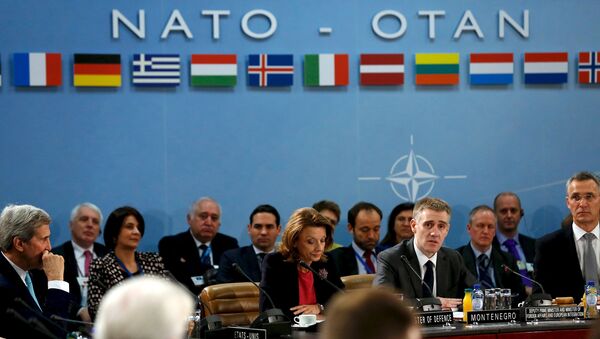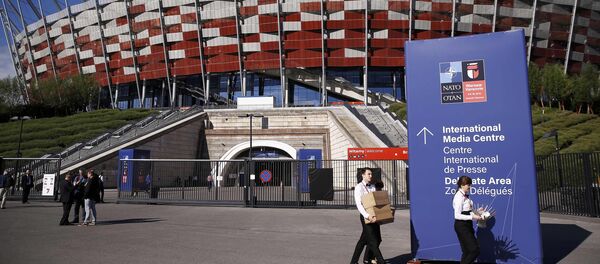WARSAW (Sputnik), Svetlana Alexandrova — According to Baun, NATO is “falling back” into the politics of the 1950s, which consisted of two types of “tides” — dialogue and deterrence. The so-called Helsinki process, that was launched in the 1970s, culminated in the signing of the Helsinki Accords aimed to ensure peace between the West and the Soviet blocs in 1975.
“What we today need is a new politicy of dialogue, we need to come back to the Helsinki process and we have to develop a new Helsinki process of the 21st century. West has to follow the politics of common security always bearing in mind the reaction that the other side may have, we have to compromise and work towards common understanding," Braun, who is also a co-president of the International Peace Bureau (IPB) disarmament NGO, said.
He noted that while this means that the East, including Russia, must not carry out any attacks or surprise maneuvers, it also means a bilateral acceptance of the security interests of the other side.
The Counter-NATO summit’s dates coincide with the NATO summit, which is held in the Polish capital on July 8-10.
Since 2014, the alliance has been building up its military presence in Europe, especially in Eastern European countries neighboring Russia, using Moscow’s alleged interference in the Ukrainian conflict as a pretext. Moscow has repeatedly denied the claims and warned NATO that the military buildup on Russia’s borders is provocative and threatens the existing strategic balance of power.


